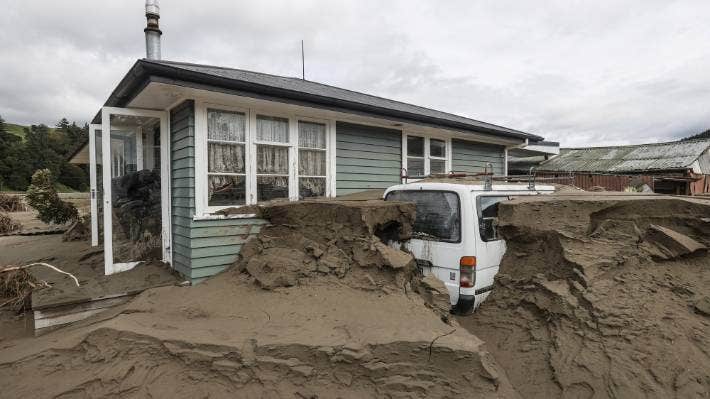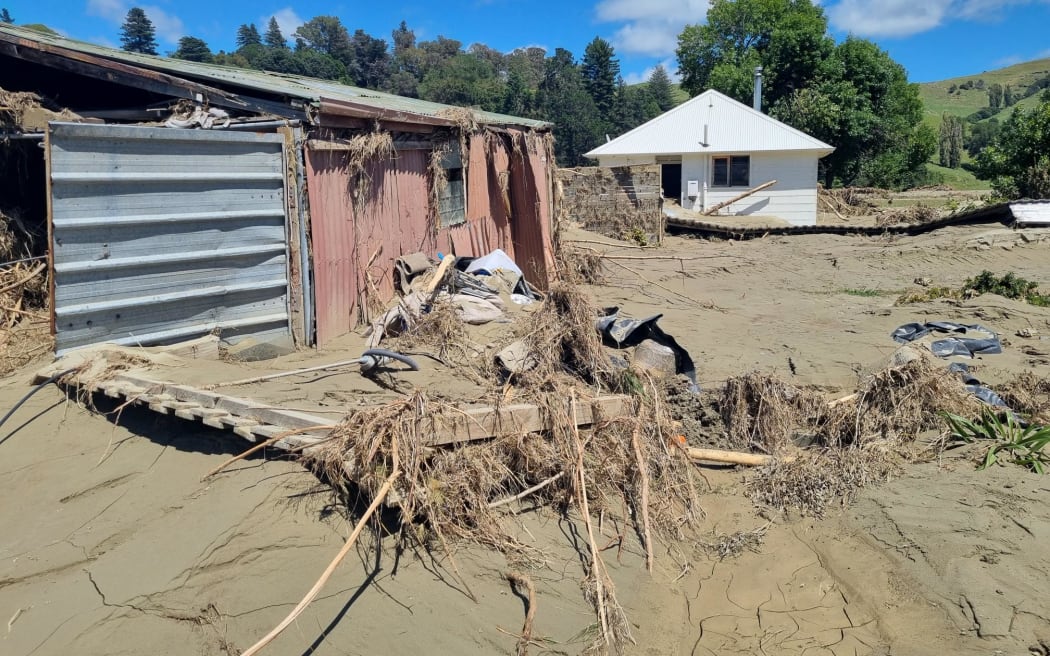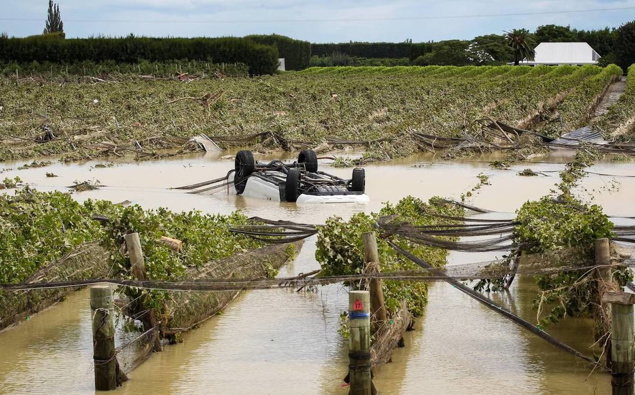
In the hours after the cyclone, it was a really stressful situation for everyone. I managed to get hold of one team member before we lost power and communication completely. We didn’t know if anyone had suffered any damage to their properties and as the day progressed, we had real concerns that more stop banks could fail which could have had a significant impact on some of our team members.
I remember thinking we were in a really helpless situation with access to our team members in Napier being completely cut off and not being able to communicate with them. As more news came to hand we were aware that they and their properties were ok but that they didn’t have any power or communication. They were without power for five to six days and the communication varied so it was impossible to understand if they had enough supplies.
Those days after the flooding all seem like a blur now. I remember getting hold of one team member whose wife was late in her pregnancy. We organised an Air BnB in Havelock North for the family where the power was back on to reduce any risk around water or food quality and to ensure they could get to the hospital if need be.
We organised a generator to get to another team member.

As an organisation, we really made sure that all our staff knew they were just to worry about their own challenges and park any concerns about work. The rest of our team in Wellington and Christchurch ensured that our local team could focus on what was important, which was the health and well-being of their families. Since we couldn’t get to the team in Napier, some of our team members volunteered at the local evacuation centre and also delivered food to the contractors whose teams were working very long hours and some of them returning to homes with no power. It didn’t seem right to be working on projects that were not urgent when others were struggling, so like so many in Hawke’s Bay we did what we could to help others.
It has been a challenging three years with COVID and now the cyclone. As a small business, it can really have an impact on the business and your own well-being, as well as that of the team.
I’ve always put my team first no matter what business I am in. Ultimately, clients and business performance cannot be looked after if you don’t look after your team. Making sure they are looked after and have any work-related issues cleared off their plates so they can purely focus on what is important to them at the time is most critical. As a business you have to take the good with the bad, these periods can be difficult but if you are respectful of the challenges facing the team and look after them you will come back stronger down the track.
As Simon Sinek would say, you need to play the infinite game, not the finite one.

One month on, we’re looking even closer at our staff to ensure they don’t reach mental and physical fatigue.
It’s pretty confronting seeing the situation many people are in. Some of my friends who have had water and silt right through their properties put on a brave face in that initial period, but four weeks on as progress slows and the process of dealing with insurance, you can see many are hitting the wall. You can’t really separate work and personal life when it comes to stress so I recommend companies have a serious look at how they work with their staff from now through to the next six to 12 months as many of them will have considerable stress on the personal front.
Our team hasn’t really started work on the recovery in a professional sense yet but if, or when, we do we need to make sure that we manage the client’s expectations. This is a three to five-year rebuild process for our region so burning out your team in the early phases will not benefit anyone. The initial response definitely meant some large hours for contractors, clients and some consultants.
It’s good to hear that many of these are starting to initiate some standdown periods for staff and have programmes to make sure they are checking in with them. While not mental health or well-being related, we’ll be investigating what we can do to improve our communications in the event of the loss of the cellular network as the lack of communication was a major stressor for our team during this period.
